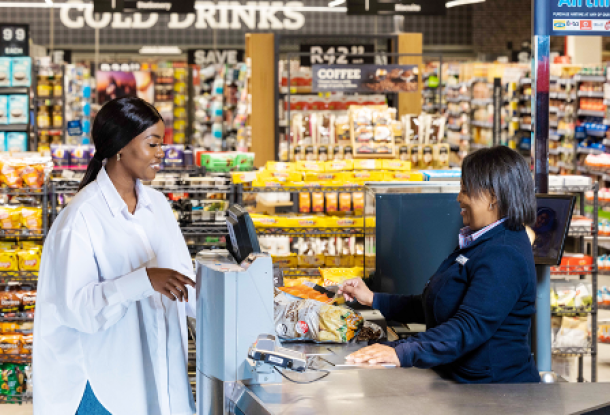5 lessons when selling groceries in Africa
Several South African grocery retailers seeking to expand across the African continent – in part to seize the opportunities, but also to reduce reliance on challenging market conditions at home.
However, many have learnt along the way that doing business in Africa poses significant challenges.
What can grocery retailers learn from those who have ventured north to set up (and sometimes close) shop in fast-growing markets elsewhere on the continent?
Guy Lundy, a trends analyst and strategy consultant specialising in the retail and consumer sector across Africa, says there are several lessons to be learnt from the trailblazers who have established businesses in African countries over the last few years:
- Source local products as far as possible. “Governments across Africa are becoming increasingly strict about the import of fast-moving consumer goods (FMCG). Retailers need to source from local producers, or at least have a clear plan setting out how this will be achieved,” says Lundy. He cites an example of a large South African retailer that initially imported the vast majority of products sold at its venture in Zambia a few years ago, but is now importing well under half of its offering.
- Employ local staff where you can. “The same goes for staff. African governments are becoming hesitant to extend without a specific plan from the retail company to upskill local talent. So by all means, bring in your own team to get the show on the road, but then be prepared to hand over the reins to trained local managers who know the home market inside-out,” he says.
- Start close to home. A number of South African retailers started their expansion drives in neighbouring countries such as Namibia, Botswana, Lesotho and Swaziland, before venturing further afield on the continent. “These countries have markets similar to that of South Africa, and their geographic proximity makes them less risky than Nigeria or Kenya, for example. After learning the ropes in these countries, many companies do then set up shop in one or more of the regional hubs of Africa – Kenya in the east, Nigeria or Ghana in the west, and Egypt, Morocco or even Dubai in the north.”
- Be very selective about the countries you choose for expansion. A country’s market may look great on paper – with a burgeoning population and growing income – but navigating this market may be fraught with difficulties. “Angola and the DRC are notoriously challenging in terms of establishing a business, for example,” Lundy says. Aspects to consider include language barriers, banking systems and corruption levels.
- Do your homework before choosing a local partner. In many African countries, such as Zimbabwe, partnering with a local company is the only way of establishing a retail business. “It is also often the most desirable option, since the local partner knows the home market and understands the nuances of the local environment. However, things could go awry if the local partner does not perform to expectation, which could damage your brand.”
One major South African FMGC retailer that has been at the forefront of the expanding into Africa is Pick n Pay. The company now has stores in South Africa, Namibia, Botswana, Zambia, Mozambique, Mauritius, Swaziland and Lesotho. Additionally, Pick n Pay owns a 49% share of a Zimbabwean supermarket business TM Supermarkets.
Pick n Pay has adopted a systematic approach to expanding into countries adjacent to South Africa.
“We have followed a deliberate, unhurried and well-planned strategy in Africa outside South Africa. We see good upside potential in this market and for us Africa is definitely a second engine for growth,” says Gareth Ackerman, chairman of Pick n Pay Stores, and co-chairman of the Consumer Goods Forum.
Lundy says Mauritius, Mozambique, Kenya, Tanzania, Zambia, Nigeria and Ghana have become growth spots for grocery retailers in Africa. These countries have fast-growing populations and a growing gross domestic product per capita.
However, infrastructure remains a challenge and multi-national retailers are increasingly joining forces with property developers and financial services organisations to address these issues.
“A major South African retailer recently partnered with a property group to build 10 malls in Nigeria, for example, with the retailer as the anchor tenant in each. So South African grocery retailers moving into Africa are not only making use of opportunities in these developing markets, they are also assisting in the growth of these markets, paving the way and making the ride smoother for other companies still considering their entry into these up-and-coming markets,” Lundy concludes.
The local and global issues impacting both grocery retailers and manufacturers will be cast under the spotlight at this year’s Consumer Goods Forum Global Summit to be held at the Cape Town International Convention Centre from 15 to 17 June 2016.
News Category
- International retailers
- On the move
- Awards and achievements
- Legislation
- Wine and liquor
- Africa
- Going green
- Supplier news
- Research tools
- Retailer trading results
- Supply chain
- Innovation and technology
- Economic factors
- Crime and security
- Store Openings
- Marketing and Promotions
- Social Responsibility
- Brand Press Office
Related Articles
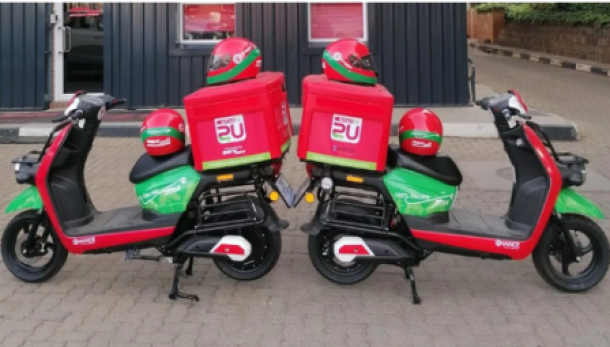
Two local businesses see a gap as food and groc...
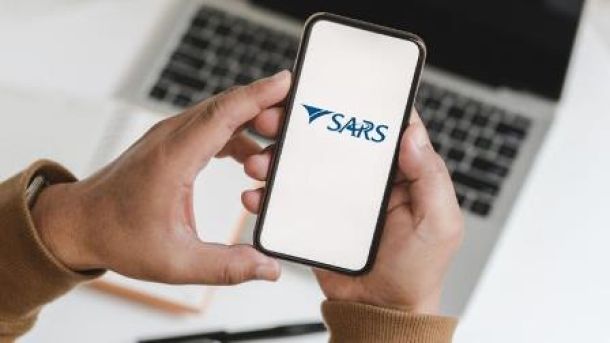
SARS launches WhatsApp channel to help check ta...
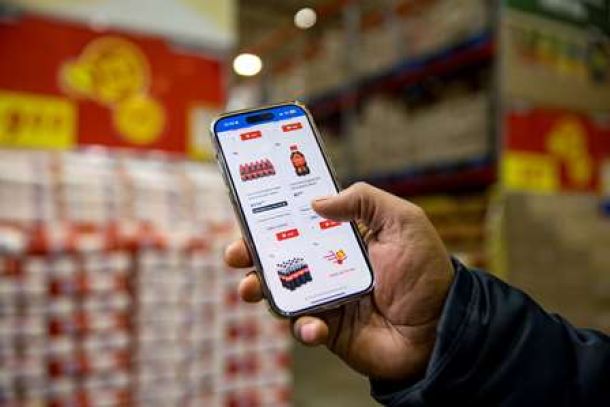
Shoprite launches online shopping and bulk deli...
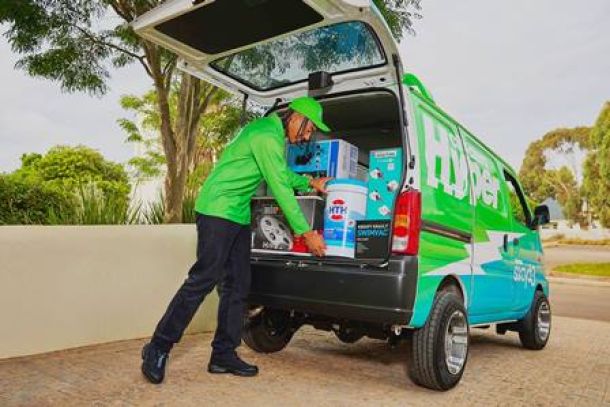
Sixty60 promises lightning-fast delivery of 10 ...
